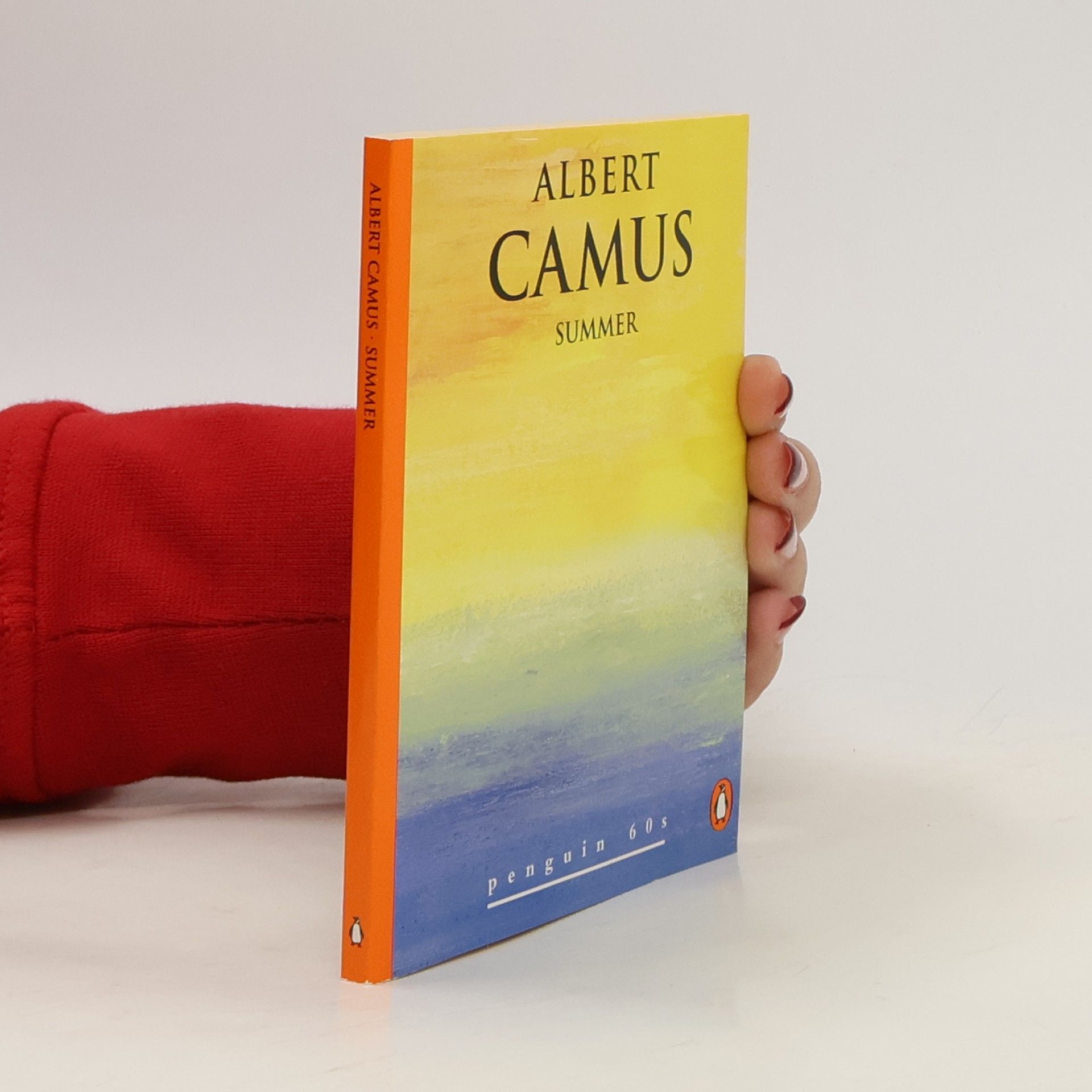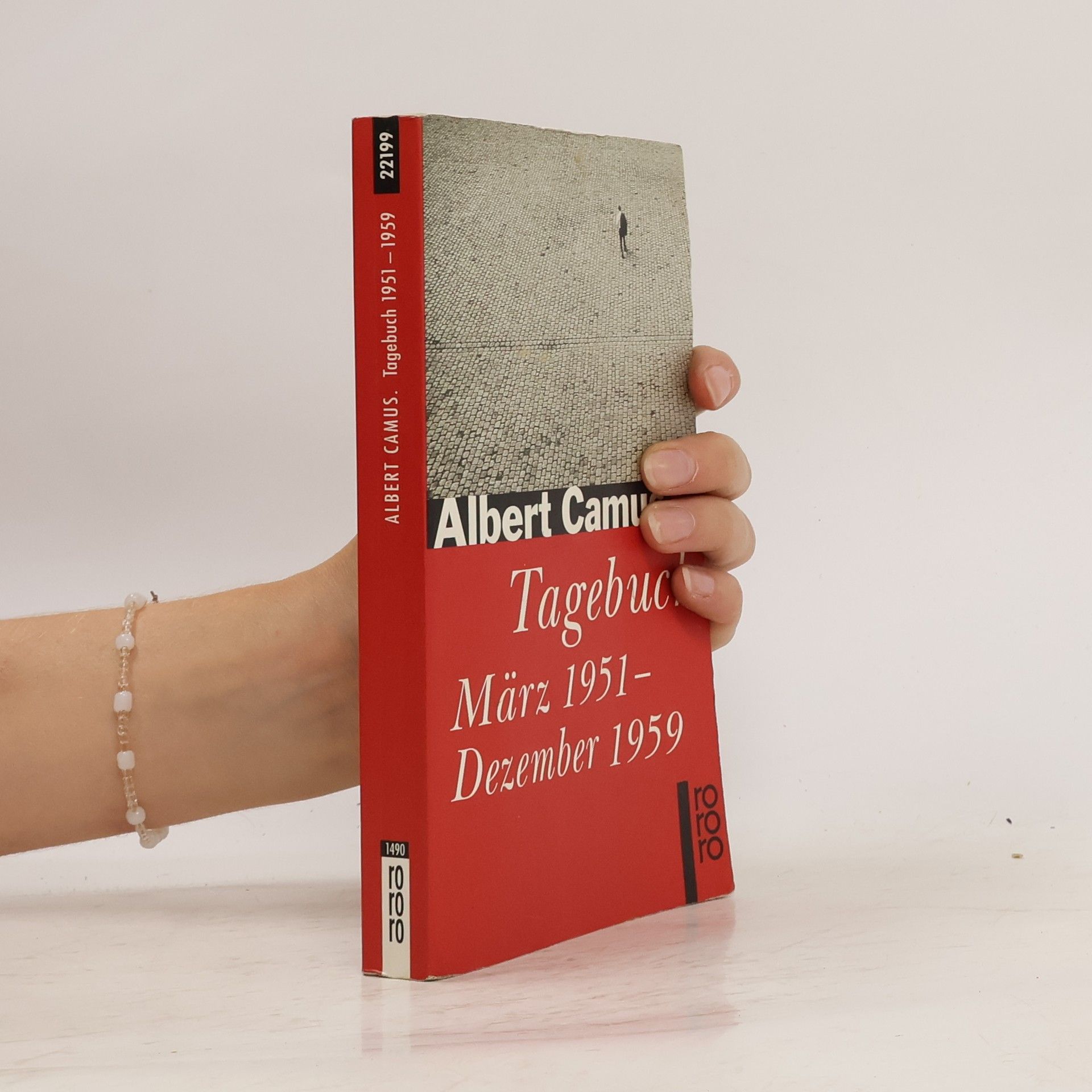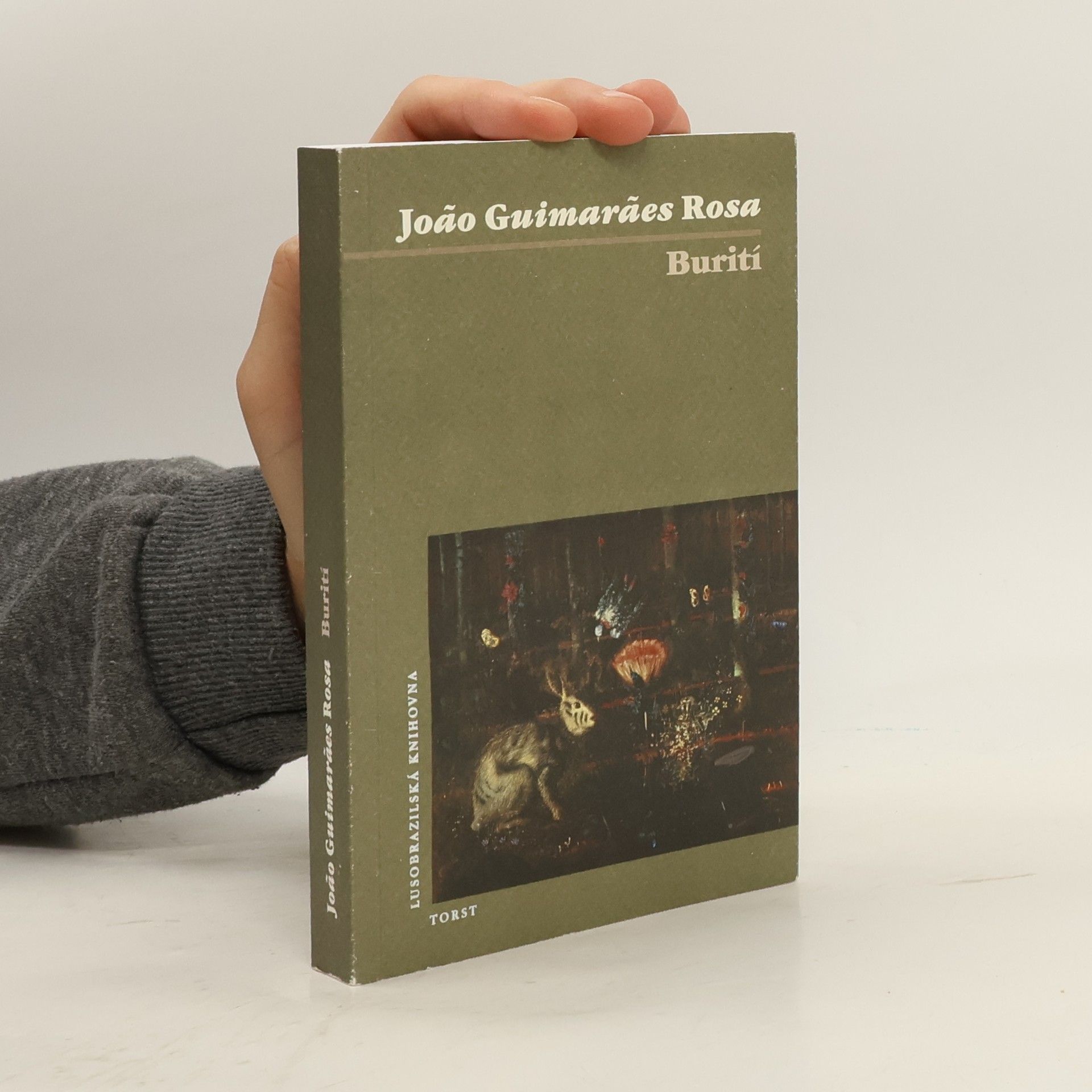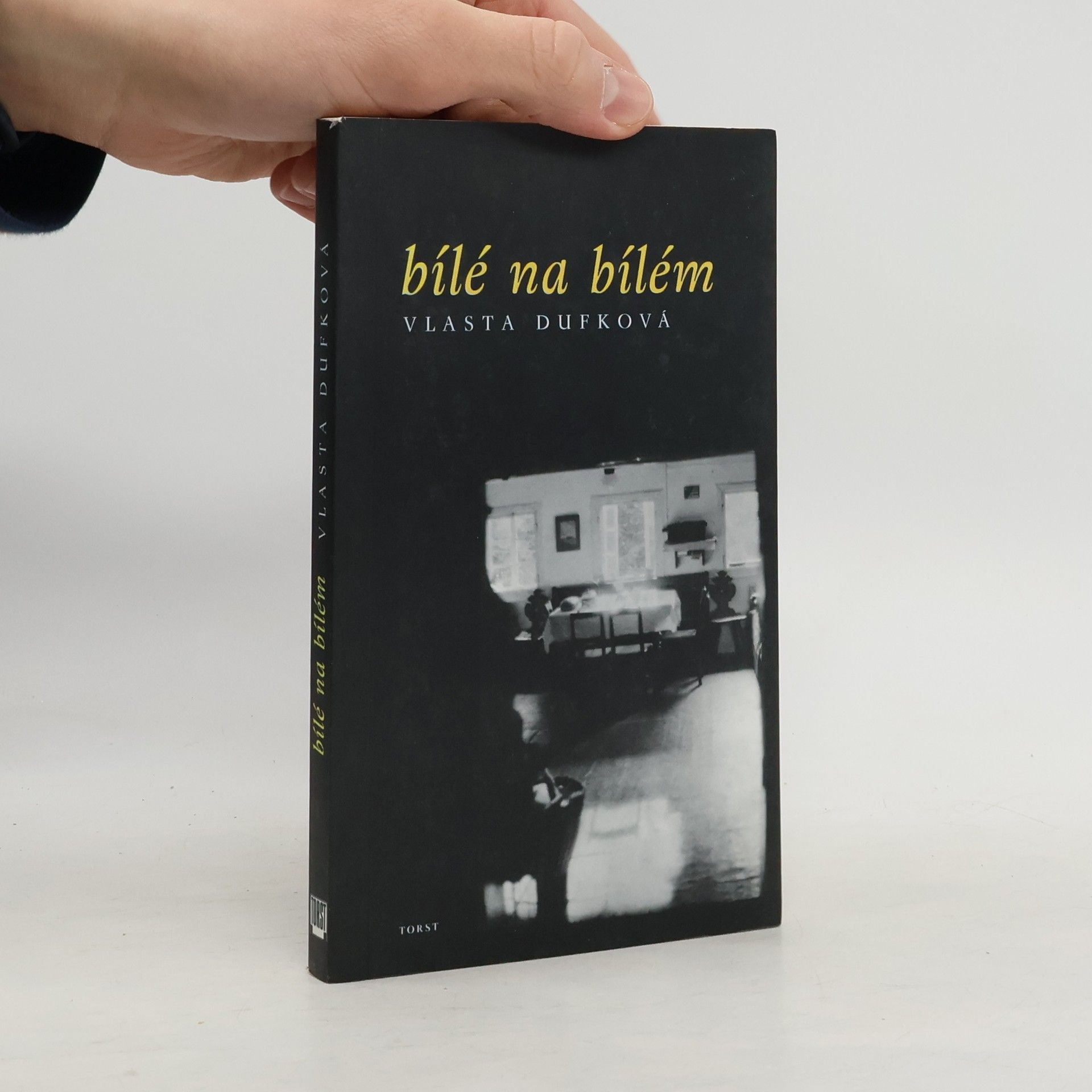Novela jednoho z největších latinskoamerických autorů 20. století, z jehož díla byl do češtiny již v 70. letech přeložen román Velká divočina: cesty, vtahuje čtenáře do magického světa brazilského sertaa. Spolu s agrotechnikem Miguelem, jehož osud zavede na statek U dobré palmy burití, vstupujeme do pozdně patriarchálního světa, jemuž jako hlava rodiny vévodí pan Liodoro a v němž se mnohé točí kolem tří mladých žen, Liodorovy slunečné dcery Glórie, její temné sestry Marie Behú a jejich bývalé švagrové, městské dívky Leandry. Tento takřka neprodyšně uzavřený svět, kde čas plyne, jako by stál, se i zde Guimaraesi Rosovi stává mikrokosmem, v němž vystupují do popředí klíčové otázky lidské existence, tentokrát především láska a různé podoby, které na sebe v životě bere. Jazykově mnohovrstevné dílo s prvky básnické prózy vychází v mistrovském překladu Vlasty Dufkové.
Vlasta Dufková Bücher






From 1935 until his death, Albert Camus kept a series of notebooks to sketch out ideas for future works, record snatches of conversations and excerpts from books he was reading, and jot down his reflections on death and the horror of war, his feelings about women and loneliness and art, and his appreciations for the Algerian sun and sea. These three volumes, now available together for the first time in paperback, include all entries made from the time when Camus was still completely unknown in Europe, until he was killed in an automobile accident in 1960, at the height of his creative powers. In 1957 he had been awarded the Nobel Prize for Literature. A spiritual and intellectual autobiography, Camus' Notebooks are invariably more concerned with what he felt than with what he did. It is intriguing for the reader to watch him seize and develop certain themes and ideas, discard others that at first seemed promising, and explore different types of experience. Although the Notebooks may have served Camus as a practice ground, the prose is of superior quality, which makes a short spontaneous vignette or a moment of sensuous beauty quickly captured on the page a small work of art.Here is a record of one of the most unusual minds of our time.
Tagebuch 3. März 1951 - Dezember 1959
- 379 Seiten
- 14 Lesestunden
Treue führt in den Abgrund, Untreue ins Nichts. Erst drei Jahrzehnte nach seinem Unfalltod erschienen die Tagebuchaufzeichnungen Albert Camus ́ aus seinen letzten neun Jahren. Sie geben nicht nur Auskunft über sein Werk und seine Biographie, seine Lektüre und seinen historischen Bruch mit Sartre. Die Einsamkeit, in der das Todesmotiv immer mitschwingt nimmt das Ausmaß einer psychischen Gefährdung an, und ein geheimes Leitmotiv bricht sich in Notizen Bahn - die Unfähigkeit, zu lieben.
From 1935 until his death, Albert Camus kept a series of notebooks to sketch out ideas for future works, record snatches of conversations and excerpts from books he was reading, and jot down his reflections on death and the horror of war, his feelings about women and loneliness and art, and his appreciations for the Algerian sun and sea. These three volumes, now available together for the first time in paperback, include all entries made from the time when Camus was still completely unknown in Europe, until he was killed in an automobile accident in 1960, at the height of his creative powers. In 1957 he had been awarded the Nobel Prize for Literature. A spiritual and intellectual autobiography, Camus' Notebooks are invariably more concerned with what he felt than with what he did. It is intriguing for the reader to watch him seize and develop certain themes and ideas, discard others that at first seemed promising, and explore different types of experience. Although the Notebooks may have served Camus as a practice ground, the prose is of superior quality, which makes a short spontaneous vignette or a moment of sensuous beauty quickly captured on the page a small work of art.Here is a record of one of the most unusual minds of our time.
A group of eight essays originally published in the 1954 Camus collection "L'ete".
Čistec
- 78 Seiten
- 3 Lesestunden
Svazek obsahuje verše převážně vzniklé v 80. letech, tematicky inspirované velkoměstem a moderní civilizací. Verše jsou napsány s citem pro jazykový experiment, který však nechce být samoúčelný, ale spíše se snaží vystihnout neobvyklé i pevné slovní vazby. Předmluvu napsal Jiří Cieslar, doslov Šárka Grauová.
Bílé na bílém
- 131 Seiten
- 5 Lesestunden
Reflexivní lyrická próza se svérázným způsobem zamýšlí nad obdobím dětství, dospívání a dospělosti v kontextu lidského života.
